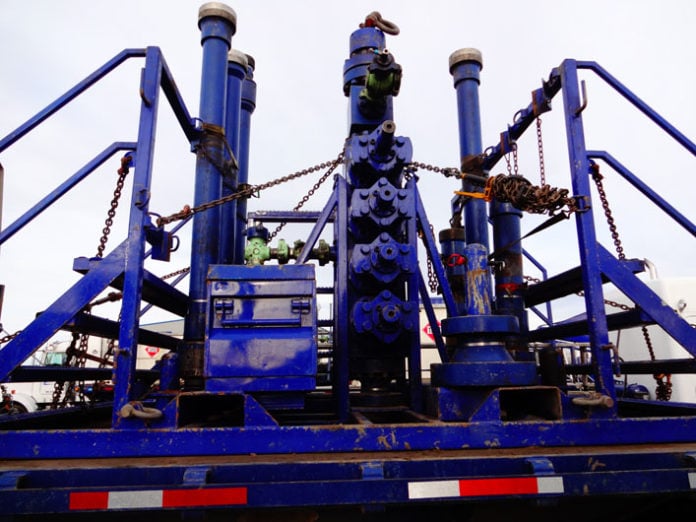If you are still in school working towards your engineering degree or want to switch your careers, this post will give you a short overview of what is completion engineering so that you can decide if this is something that you are interested in.
What is Required to Work As a Completion Engineer?
Education
Most completions engineers have a degree in petroleum, mechanical or chemical engineering.
There are also some engineering technologists that do similar work as the completion engineers. They have a two-year diploma instead of a degree.
Field experience
After finishing university and getting a job many new engineers spend a few years working in the field before moving into the office.
Unlike some other branches of petroleum engineering like reservoir engineering to work as a completions engineer, you need to be very familiar with what is going on in the field.
When you move into the office, you will be in charge of running various completion operations and will need to make decisions that will impact a lot of people on location.
Even after you get into the office you will still be required to do field visits and be on call 24/7 during some of the operations.
Being able to work under stress is definitely a great skill to have if you are planning to work as a completion engineer.
Read next: 4 Types of Petroleum Engineers
How to Get a Job As a Completion Engineer?
Some new grads find a job as a completion engineer right after university but many start working as coil, wireline, or frac field engineers in service companies before moving to work for the operator (E&P company).
As they work in a service company, they interact with completion engineers, which helps them to network and eventually get a job in the operator’s company.
To get hired right away from university by the operator you need to have a combination of good grades, internship/summer experience, and solid people skills.
It also helps if you have a good network and know someone who can get your resume directly to the hiring manager.
If you are still in school, attend all the career fairs and other events whenever oil or service companies come to your school either to recruit or provide information on what they do.
This is a good time to network and land a summer or internship position.
When you get hired you will likely be placed in some type of new grad rotational program where you are going to spend a year or two in the field before moving into the office.
Most of those field positions have a rotating schedule that can be anything from 5 days on 2 off to 1 month on and one month off.
You will be rotating between different operations and later will be responsible for running some of those operations.
Related: What Do Reservoir Engineers Do?
What Do Completion Engineers Do?
The main goal of a completion engineer is to prepare the well for production.
Completion engineers usually take over the well from the drilling engineers after the well is drilled and the drilling rig is moved off location.
They take care of completion systems, well stimulation, and finally opening of the well to production.
They prepare completion procedures including AFEs, determine the best stimulation methods, select the right completion system, and work with the service companies to optimize fracturing and coiled tubing operations.
They also often satellite fracturing operations because it is one of the most expensive parts of the well development.
Economics plays a huge role when designing the wells and is always taken into account when preparing completion programs.
Related: Cover Letter Examples for Petroleum Engineers
Overview of Completion Operations
1. Drilling rig moves off location and the lease is cleaned up before the completion engineer takes over.
2. Water is brought to the location for the frac operation.
3. Christmas tree is installed for the frac operation.
4. Fracturing operation begins.
5. Milling with coiled tubing is performed if there are any obstructions in the well such as bridge plugs.
Coiled tubing can also be used to perform N2 pumping to circulate heavy brine out of the well if the well is not producing after the frac because of high hydrostatic pressure.
6. Snubbing rig is used to install production tubing.
7. Well testing is performed before the well is put on production.
Completion engineers also work on older wells that require intervention to improve production rates.
Common workover operations are production tubing replacement, re-fracturing, cleanouts, or milling.
Often coiled tubing or snubbing units are used for these types of operations.
Related: What Do Production Engineers Do?
